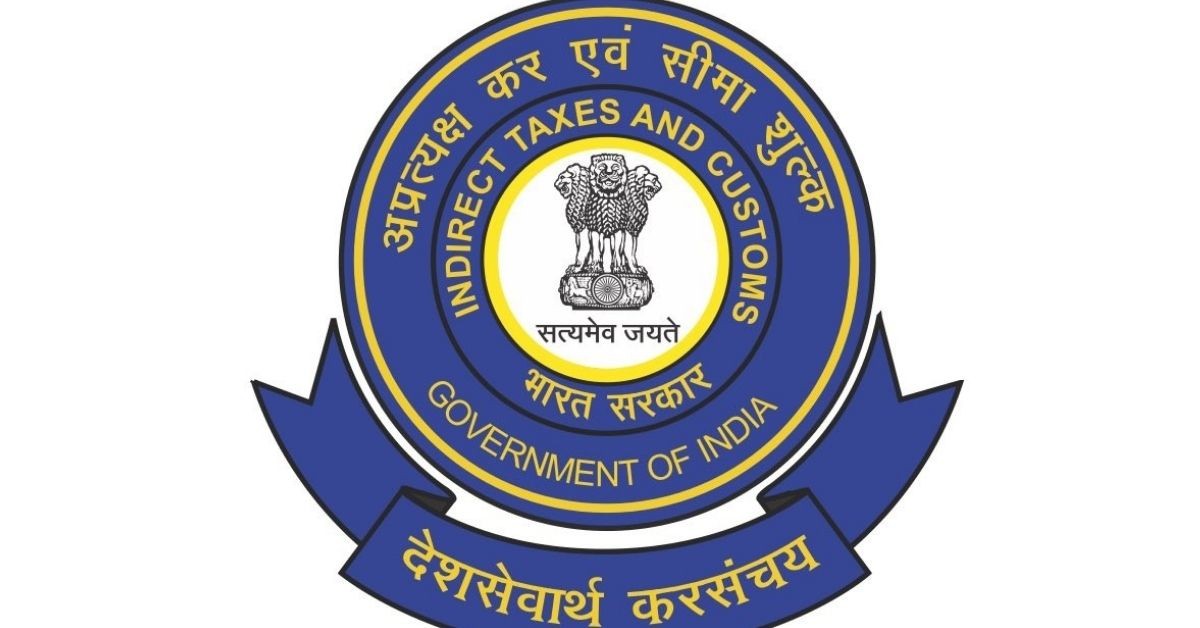The Central Board of Indirect Taxes and Customs (CBIC) has restored flexibility in paperwork to those importing goods from five neighbouring countries. This came after the industry pointed out that a change introduced in Finance Act 2021 was hard to comply with.
CBIC had in a circular earlier this week said that importers have given the feedback that it was difficult to do the necessary paperwork within the revised timeframe—filing of bill of entry on the day before arrival of goods at an Indian port. The Finance Act 2021 introduced this revised timeframe with the intent of ensuring that disclosure of import details is completed a day before, so that processing of paperwork could be completed quickly and delays may be avoided.
India’s customs procedures, often flagged by the World Bank as an area needing reforms to improve the country’s ease of doing business ranking, has in recent years received close attention from policy makers to simplify paperwork and reduce the processing time. However, the “ground reality” of logistics has prompted the authorities to offer exemption to short haul flights and vessels.
Using a flexibility granted under the law, CBIC has given exemption to shipments from neighbouring countries, namely, Bangladesh, Shri Lanka, Maldives, Myanmar and Pakistan, as the importers will not be in a position to do the paperwork the day before. In the case of these shipments, importers have been given the flexibility to file the bills of entry by the end of the day on which the shipment arrives.
The change has been incorporated in the regulations regarding declaration of imported goods, CBIC said.
In the last one year, CBIC has taken several steps to reduce documentation and to do more of the paperwork digitally and in an automated way to avoid physical interface between the authorities and importers. It has brought in a host of measures to do away with the requirement of signing and examining physical documents before imported goods are cleared. Instead, imports are being processed with electronic documentation. The idea is also to improve governance and reduce compliance cost of businesses.
Source : Live Mint







